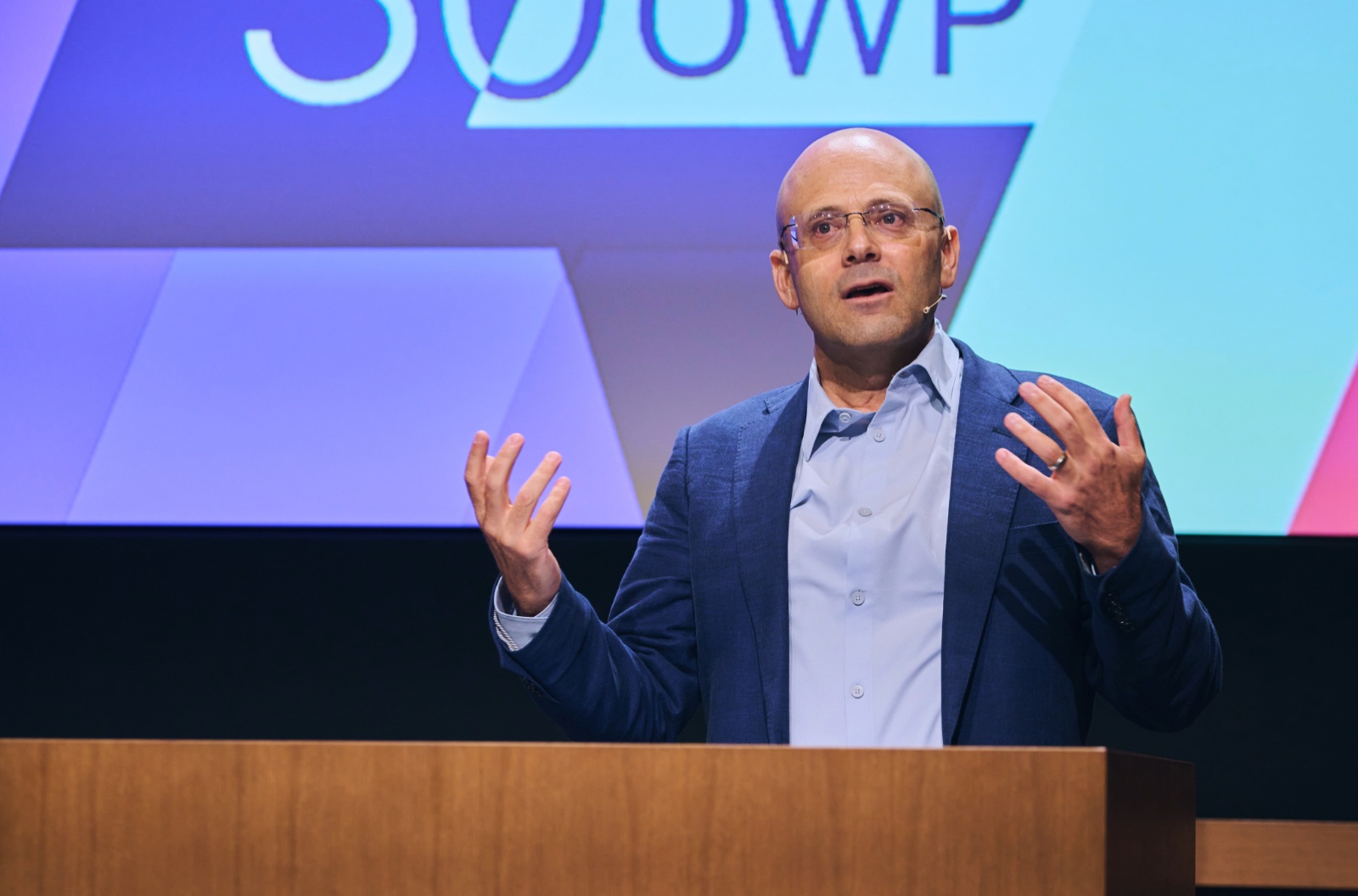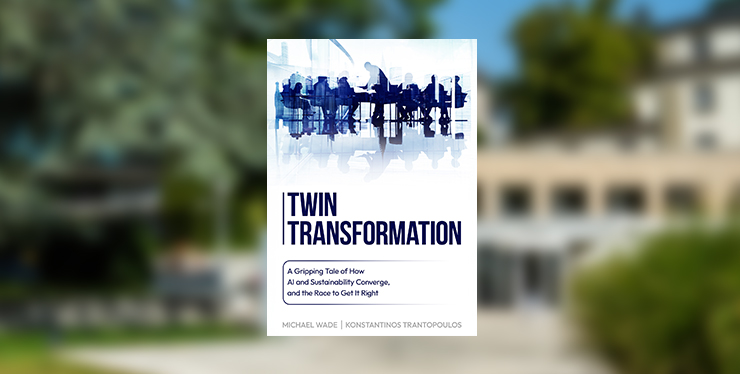
Are the rich just getting richer?
The launch of the IMD World Competitiveness Ranking is right around the corner. Every year it uses a wealth of economic and scientific hard data as well as robust surveys of business executives around the world to determine the winners and losers of world competitiveness: defined as the ability of nations to create and maintain an environment in which enterprises can compete.
The rankings are an invaluable resource, whether companies are looking to set up in a competitive location, or for countries that want to find out how to kick-start their economies.
Related Resources
That 26 years of data compiled since the beginning of the rankings can also be used to see how inequality has evolved over the last quarter century. It is the most comprehensive database of country and business competiveness, and a lens through which we can examine inequality in an unbiased way.
Much of what we found is not what you might expect. Here are the most striking facts:
1] Inequality previously soared but is slowing down. The world did become increasingly unequal between 1995 and 2014 in terms of income differences among countries. But the rate of increase in inequality has been slowing since 2012. The wealth of the richest countries in the world has increased every year except for the last two. In contrast, poorer countries became poorer in the period between 1995 and 2000, and have since seen some improvement in living conditions.
2] Incomes in developed countries are stagnating, but in emerging countries they are rising at a steady rate. The income gap among countries has reduced in the last few years both because the financial crisis had a negative impact on rich countries, and because poorer countries have continued developing.
3] The richest countries’ wealth per capita has risen rapidly and skewed the data. Income differences appear to be exacerbated particularly due to the performance of the outlying countries, especially the richest ones, whose wealth per capita has gone up at astonishing rates. Excluding the two most- and two least-wealthy countries from our sample of 61 economies reduces the income inequality gap.
4] Inequality varies by country and economic sector. The gap in salaries in the manufacturing sector has become wider even after taking into account the impact of the 2008 financial crisis.
In the highest income countries, salaries in manufacturing increased 1.8 times between 1995 and 2014 (from $27 to $49 per hour); in the lowest income countries, they increased 4.6 times (from $0.18 to $0.86 per hour). In the latter, there was a huge increase after 2004, and in particular between 2004 and 2008. In contrast, salaries in the best-paying countries saw their biggest rise in the period from 2002 to 2008.
More interestingly, salaries have not decreased in recent years in the best-paying countries, but they have decreased, especially in 2014, in the lowest income countries.
5] CEOs in rich countries are winning. The gap between CEO pay in poor and rich countries has increased by 33-fold in the last 20 years.CEO salaries in the best-paying countries have multiplied by ten between 1995 and 2014 (from about $90,000 to $850,000). On the other hand, in the worst-paying countries they have dropped by half (down to $38,000 in 2015).
Thomas Piketty and Occupy Wall Street do have a point: without proper social safety nets, wealth accumulation by the rich doesn’t yield any benefits for the poor.
The good news is that inequality seems to be slowing down; the bad news is that innovation-driven economic growth in poorer countries tends to increase competitiveness, but also inequality.
So in many ways and in many places the rich are getting richer, while the poor are getting poorer.
Stay tuned and find out which countries are the most competitive in the world on May 30th when we release the IMD World Competitiveness Ranking.
Arturo Bris is Professor of Finance at IMD and directs the IMD World Competitiveness Center. He is a keynote speaker at IMD’s Orchestrating Winning Performance program in Lausanne.
Related Content
Research Information & Knowledge Hub for additional information on IMD publications
Related Content
Related Resources
Related Content
To understand America’s aggressive shift on trade, you must first grasp the silent, slow building, decades-long erosion of American middle-class prosperity. This shift began well before President Trump and will outlive him. It is rooted in the col...
in I by IMD
Research Information & Knowledge Hub for additional information on IMD publications
Research Information & Knowledge Hub for additional information on IMD publications
in I by IMD
Research Information & Knowledge Hub for additional information on IMD publications
in I by IMD
Research Information & Knowledge Hub for additional information on IMD publications
in Gensler, Gary (Ed.); Johnson, Simon (Ed.); Panizza Ugo (Ed.); Weder di Mauro, Beatrice (Ed.) / The Economic Consequences of The Second Trump Administration: A Preliminary Assessment, pp. 239-244 / PAris: CEPR Press, 2025
Research Information & Knowledge Hub for additional information on IMD publications
Published by International Institute for Management Development ©2025
Research Information & Knowledge Hub for additional information on IMD publications
in I by IMD Brain Circuits 17 June 2025
Research Information & Knowledge Hub for additional information on IMD publications
in I by IMD
Research Information & Knowledge Hub for additional information on IMD publications
in I by IMD
Research Information & Knowledge Hub for additional information on IMD publications
Research Information & Knowledge Hub for additional information on IMD publications









